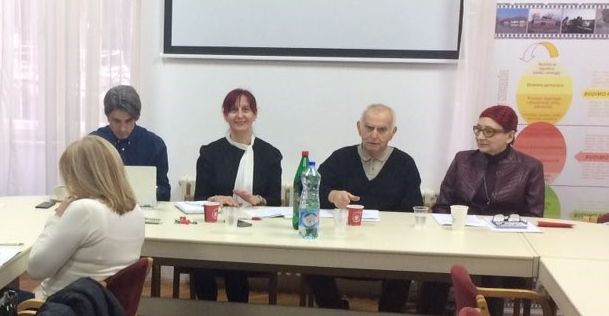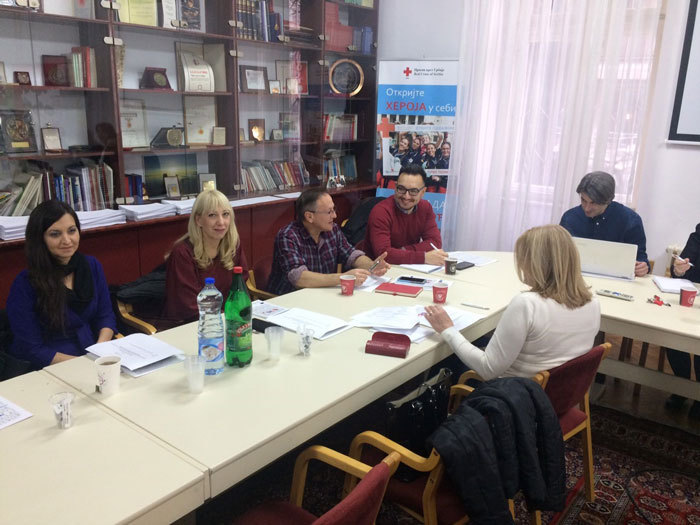Intergenerational exchange
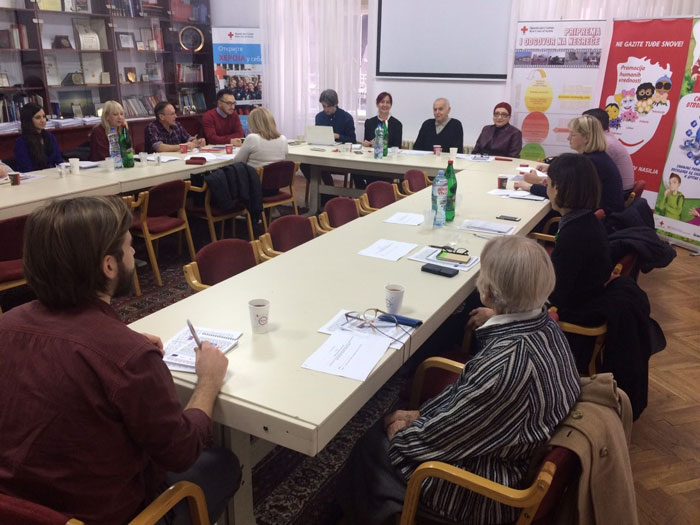
The Red Cross of Serbia, supported by the Office of the Minister without portfolio responsible for demographics and population policy, started the implementation of the intergenerational exchange project. One of the project activities is the training of data collectors that was organised on Thursday, 27 December in the Red Cross of Serbia. The workshop was attended by 17 data collectors from the municipalities that are included in the research activity: Palilula, Savski venac, Sombor, Indjija, Plandiste, Kragujevac, Krusevac, Loznica, Nis and Knjazevac. The objective of this project is to explore the volume and contents of intergenerational exchange in Serbia, related to time and finances, and to provide recommendations for the creation of public policy that will support improved social cohesion and intergenerational understanding.
One of the ways to understand intergenerational solidarity is that it is a mechanism to establish and maintain mutually useful exchange between generations. Since the needs and capacities of different organisations are also different, each generation can gain something from this exchange: at societal level younger generations get investments in education, infrastructure, child care and environmental care and older generations get pensions and care for older people. Together they get a society built on solidarity – “society for all ages”.
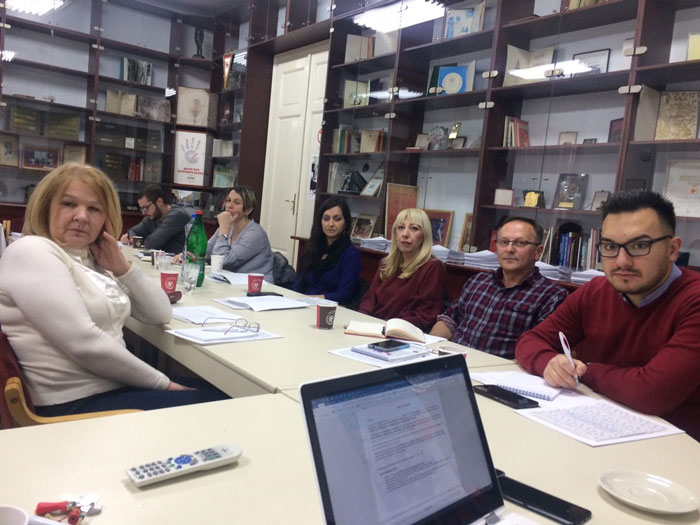
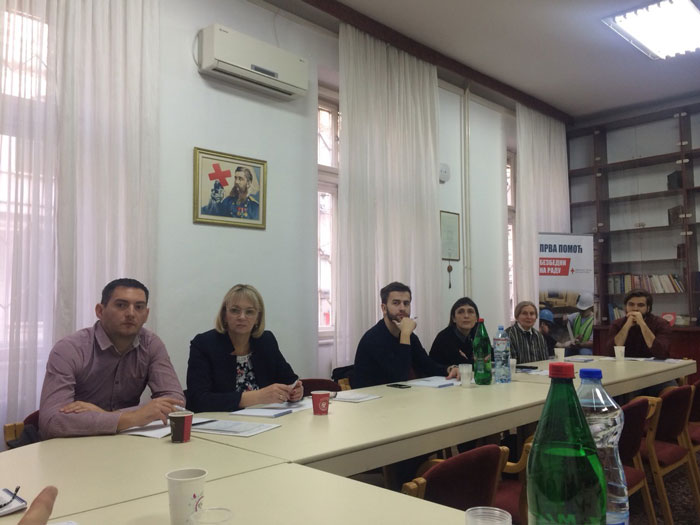
At family level, the support provided to members of the family goes in both directions: older persons frequently provide significant financial support as well as care and education for younger family members – grandchildren and others – and in their later years, with the increase of the need to receive assistance and support in the activities of daily life, they receive them from younger family members.
As for intergenerational cooperation, during most of the lifetime cycle, it goes from older towards younger family members and only in the later stages in life, older parents get assistance and support from their children. Care exchange is a very important aspect of intergenerational solidarity and contributes to building the “society for all ages”.
